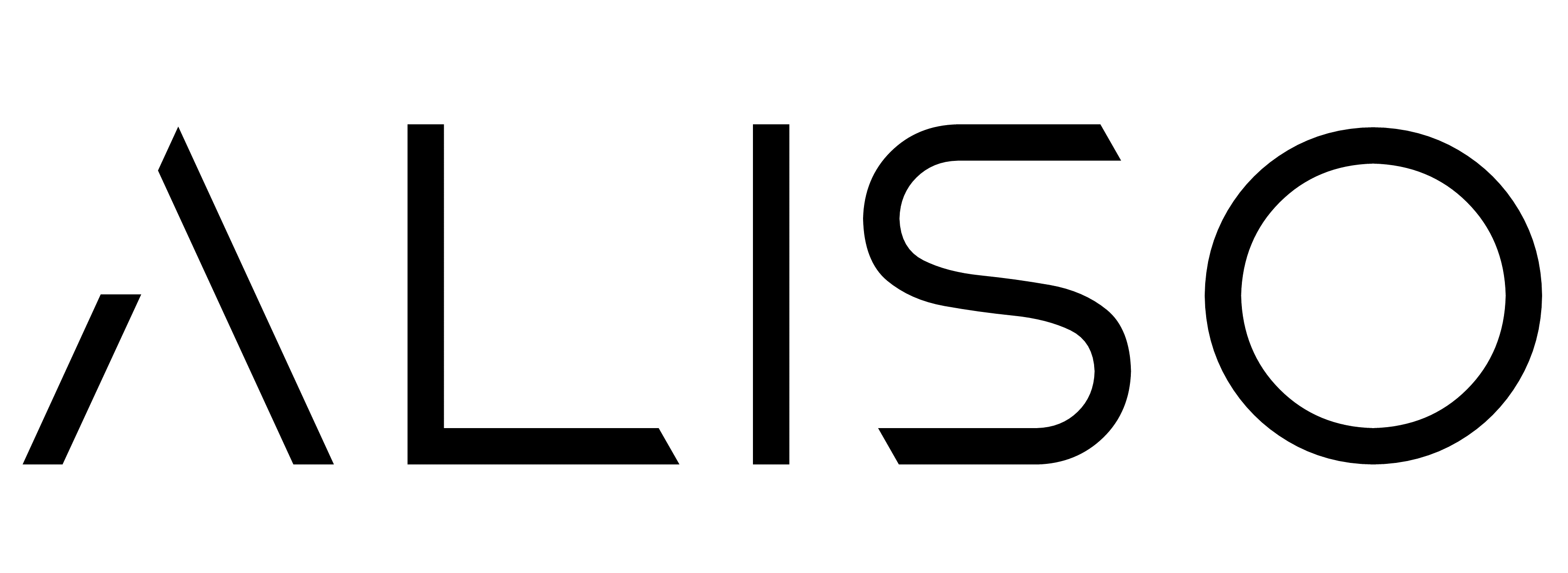Ever wondered what a technical writer does? Or why so many companies are hiring them?
Most people think technical writers just “write manuals,” but the reality is they keep businesses running smoothly by making complex information clear and accessible.
With AI, automation, and digital transformation changing workplaces, the demand for technical writers has never been higher. If you are looking to start a career in technical writing or hire one for your business, this guide will help.
What Does a Technical Writer Do?
A technical writer takes complex information and makes it simple. They create:
✔ User manuals
✔ Process documentation
✔ Standard operating procedures (SOPs)
✔ Training materials
✔ Help guides for software
They work across IT, healthcare, engineering, finance, and government sectors, ensuring that employees and customers can use systems, follow processes, and understand technical concepts easily.
Without clear documentation, businesses waste time, employees get frustrated, and costly mistakes happen.
How to Become a Technical Writer
If you are searching for “how to become a technical writer”, here is what you need to know:
✔ Learn technical writing fundamentals: Understand how to write clearly, structure information, and use visuals effectively.
✔ Develop research skills: Technical writers must break down complex topics, so attention to detail and research skills are key.
✔ Get comfortable with tools: Learn to use tools like Microsoft Word, MadCap Flare, Confluence, and Visio for documentation.
✔ Gain experience: Start by creating documentation for open-source projects, internships, or your current workplace.
✔ Build a portfolio: Show examples of work you have created—employers look for real samples, not just a resume.
Is Technical Writing a Good Career?
One of the most searched questions on Google is whether technical writing pays well.
📊 Salary Insights:
✔ The average salary for a technical writer in Australia is around $90,000–$120,000 per year.
✔ Senior roles can pay up to $150,000, especially in IT, finance, and engineering.
✔ Freelance technical writers can earn $50–$150 per hour, depending on experience.
📈 Job Demand:
✔ With more businesses digitising, companies are hiring technical writers to document processes, systems, and workflows.
✔ AI and automation mean companies need human writers to ensure AI-generated content is accurate and understandable.
✔ Remote work opportunities are growing, making it easier than ever to work as a freelance technical writer.
Why Businesses Are Hiring More Technical Writers
💡 AI and Automation Need Better Documentation
As AI takes over repetitive tasks, businesses need human writers to refine, validate, and structure information.
⏳ Bad Documentation Costs Time and Money
A recent study found that employees waste up to 20% of their time searching for information.
🚀 System Rollouts Fail Without Clear Guides
When companies implement new software, policies, or processes, employees struggle if they do not have proper documentation.
How to Rank This Blog on Google’s First Page
🔹 Use “Technical Writer” Naturally Throughout the Article
🔹 Answer Popular Search Queries (Like “What Does a Technical Writer Do?”)
🔹 Include Salary and Career Information (Because People Search for It)
🔹 Add Internal and External Links (To Boost SEO)
🔹 Make It Readable and Engaging (Google Prioritises User-Friendly Content)
Final Thoughts
If you are looking to start a career as a technical writer or hiring one for your business, understanding the role and its value is key.
Companies that invest in clear, structured documentation save time, reduce frustration, and run smoother operations.
Whether you are writing user manuals, process guides, or training materials, a technical writer ensures that information is easy to find, understand, and use.
📌 Need expert technical writing support? Contact Aliso Digital to create high-quality documentation tailored for your business.






